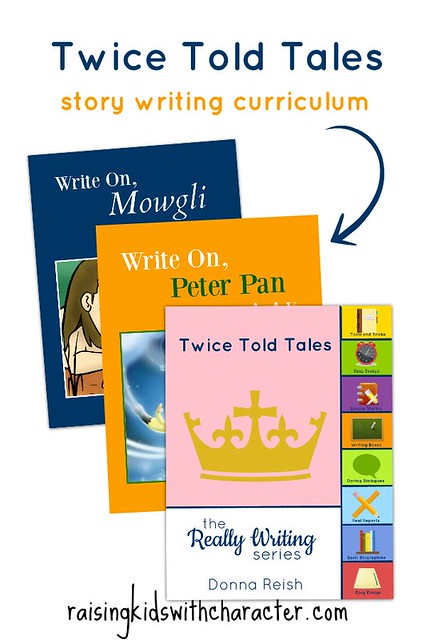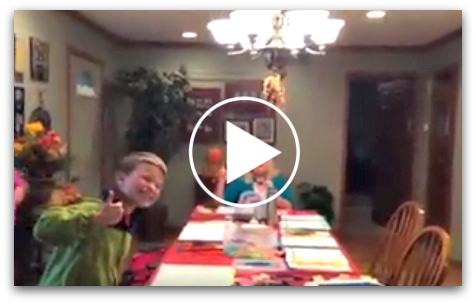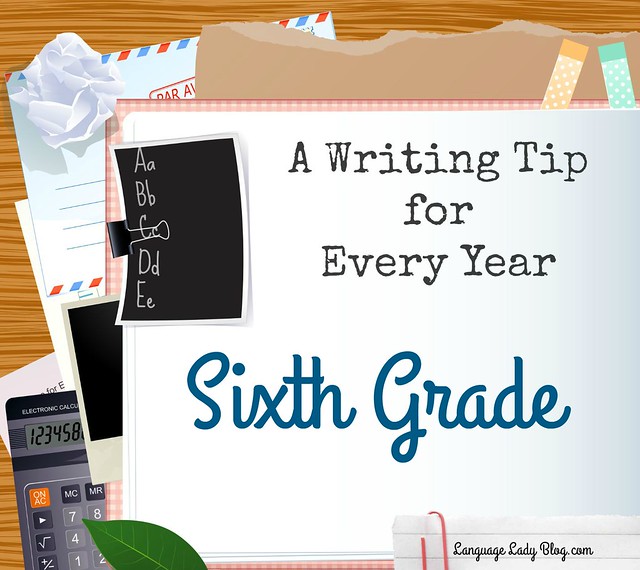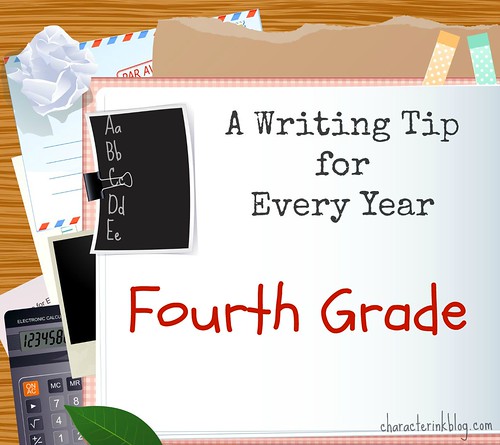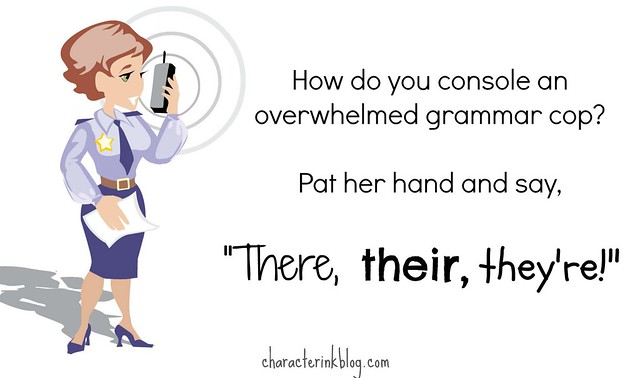by Donna | Jan 28, 2017
My Meaningful Composition co-author (my oldest child Joshua) and I have been writing a novel for, um, four years now. Well, truth be told, he has been writing it for nearly twenty years as he started outlining it when he was eighteen years old. It is finished actually, but Joshua is a perfectionist (at teaching, instructional writing, lesson plan preparation, and novel writing), so it isn’t finished in his eyes. We recently got it back out, dusted it off, and dug in to find his perfect spot again (and add in more technology…do you know how much things change in our world in four years?).

I have written seventy-five books in the past fifteen years—averaging 800 pages a book. The first forty were completely new books, and the next thirty-five have been re-writes and new books taken out of the original forty (i.e. half of the MC lessons came out of Character Quality Language Arts, for instance). But it has been a long journey nonetheless.
(more…)
by Donna | Nov 13, 2016

Teaching poetry can be a challenge. It is easy to get caught up in the mechanics of poetry when teaching about rhyme scheme. It is easy to get lost in imagery when teaching about meaning and depth of poetry.
Poetry Rap

Sometimes you just need a little fun when you’re teaching rhyme scheme—like in the Facebook Live videos that my students made of me teaching the about the importance of syllabication in rhyme scheme development—using funny rhymes and even a little rapping.
(more…)
by Donna | May 30, 2016

Okay, Reish boys–and anybody else in my virtual world who has non-virtual poison ivy right now!
1. Itch
a. A noun that indicates a place on the body that is irritated, such as a spot of poison ivy that is bothersome
b. A verb that happens to a part of the body: my poison ivy itches (meaning it feels like it needs scratched)
(more…)
by Donna | Nov 10, 2015

Sixth Grade: Use good writing models for your student to write from.
Using good writing models for students is an outstanding teaching tool—as long as you do not use given source writing only. Students need to use a model to write from, then write that same type of writing themselves. This week’s tip focuses on how I do that with my students….
by Donna | Aug 31, 2015

Have you been studying your Wacky Words “there, their, and they’re”? Are you ready for a pop quiz?
(more…)

